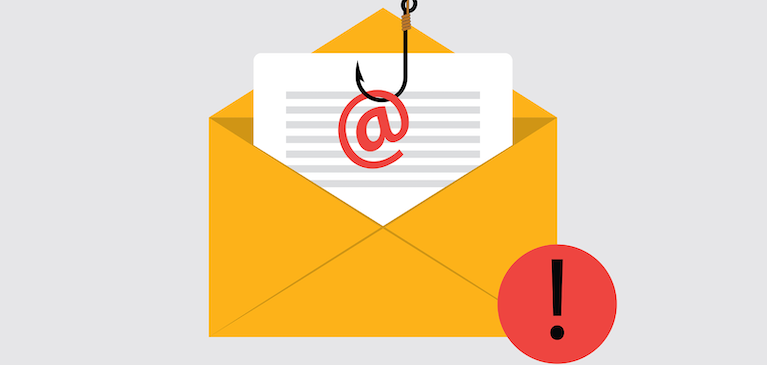
Data breaches and cyberattacks continue to make the nightly news. Just within the last few weeks Microsoft was targeted with a zero-day vulnerability that allowed malicious code to be installed through an email attachment without the recipient even needing to open the file.
Once the code is executed, the bad actors can gain control of the workstation.
Scammers also have access to a treasure trove of public records. Public records are supposed to provide a means to promote government openness and transparency. These records supply information about people, properties, taxes, and other issues. This information includes court documents, marriage certificates, and public mortgage records which includes the amount borrowed, the interest rate, loan term and the institution that hold the mortgage note.
Public information is not only used by cybercriminals, but also by companies trying to get your business for all types of goods and services. As an example, many of us have received mail soon after closing a loan that references the mortgage company and loan, it may try to raise alarm or suggest a better alternative. Several are designed to look like it’s coming from the actual mortgage company, and nearly all of them will include specifics about your loan because that information is required to be public record.
There are a handful of ways companies can obtain that information. One potential way is they buy that information from the financial service provider – GreenStone does not sell that information, but some companies do. Another way they obtain this information is from creditors, after you met a certain credit criterion. This is often referred to as a “prescreened” offer. Lastly, this information can be found on the internet using tools that search Online Public Records. Usually all they need is your name and address of the property they are targeting.
The amount of exposed data and public information create the perfect foundation for scammers to build communication that is tailored to you.
How do you protect yourself from falling victim to these attacks?
With any mail or email message, trust but verify. For emails, never open email attachments, call phone numbers or click on URLs from senders you do not know or from emails you were not expecting. It only takes only wrong click or call, and you could get a computer virus or end up supplying your username and password into a “look alike” login page to your bank or email account.
With any mortgage mailer – knowing how that got the information goes a long way. Most of these mailers catch us by surprise because we are unaware that the information included on the letter or postcard is public information. It's even more difficult because there's not any one thing that can confirm it is junk mail. Most will have a postage label that says something like “presorted,” but that's not only used on junk mail, in fact this magazine has a similar postage on it. Another indicator may be the odd use of words in all “CAPITALS” like your name, mortgage amount or Lender, though this can also be a normal practice for some credible businesses. You may have to be thoughtful in your review to determine it if it is legitimate or not.
GreenStone will never ask you in an email message to update your confidential information or to provide a PIN, account number, social security number, username, password, or other similar information. We advise our customers to never respond to any email, call, or mail that asks for such information, even if it appears to be from GreenStone or another financial institution you have a relationship with. If you are unsure of the authenticity of a communication, contact us to confirm.
If you suspect fraud has occurred in connection with your GreenStone accounts, please notify us immediately, by telephone or email, and we will promptly assist you in resolving the matter. Send concerns to info@greenstonefcs.com or call 855-895-2761.
The Federal Trade Commission highlights on their web page two steps that individuals can take to help reduce the number or unsolicited mailers - https://www.consumer.ftc.gov/articles/0127-getting-mortgage-offers
- Call 1-888-5-OPTOUT (1-888-567-8688) or visit www.optoutprescreen.com to opt out of prescreen offers.
- Put your phone number on the federal government’s National Do Not Call Registry to reduce the telemarketing calls you get at home. To register your phone number or to get information about the registry, visit www.donotcall.gov, or call 1-888-382-1222 from the phone number you want to register.
To view the article in the online 2022 Summer Partners Magazine, click here.


